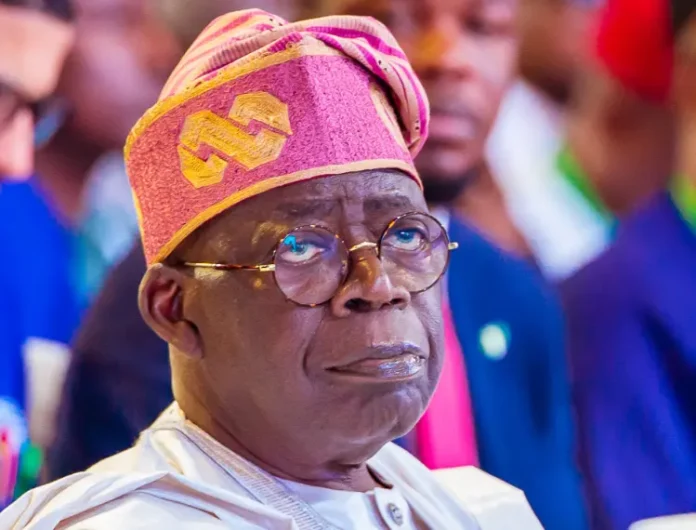President Bola Tinubu has given the green light to the Nigerian National Petroleum Company (NNPC) Ltd. to use its final dividends for 2023 to cover the expenses related to petrol subsidies. This move comes as the NNPC grapples with the immense pressure of paying for the increasing cost of subsidizing fuel in the country.

The NNPC made it clear to President Tinubu that they are facing a serious financial strain. The company stated that due to a shortfall caused by the subsidy and foreign exchange differences, they won’t be able to pay taxes and royalties into the federation account as they usually would. Looking ahead, NNPC estimates that the total cost of petrol subsidies from August 2023 to December 2024 will rise to a staggering N6.884 trillion. Because of this, they expect to miss out on contributing N3.987 trillion in taxes and royalties.
Although the government officially removed the petrol subsidy in June 2023, which initially helped save about N400 billion per month, a different challenge has emerged. The devaluation of the naira has caused a steep increase in the exchange rate. This, in turn, pushed the subsidy cost up even further. For NNPC, the cost of bringing in fuel reached a deficit in August 2023, hitting N833.68 billion by April 2024.
To keep NNPC’s finances afloat, President Tinubu has also agreed to suspend the company’s interim dividends for 2024. The NNPC anticipates that the subsidy bill could top N5 trillion next year. To manage this crisis, the company is using a special exchange rate, called the “derived FX rate,” which helps to keep petrol prices between N600 and N700 per litre. The difference between this rate and the official exchange rate is what the company refers to as the “subsidy/FX differential.”
.




